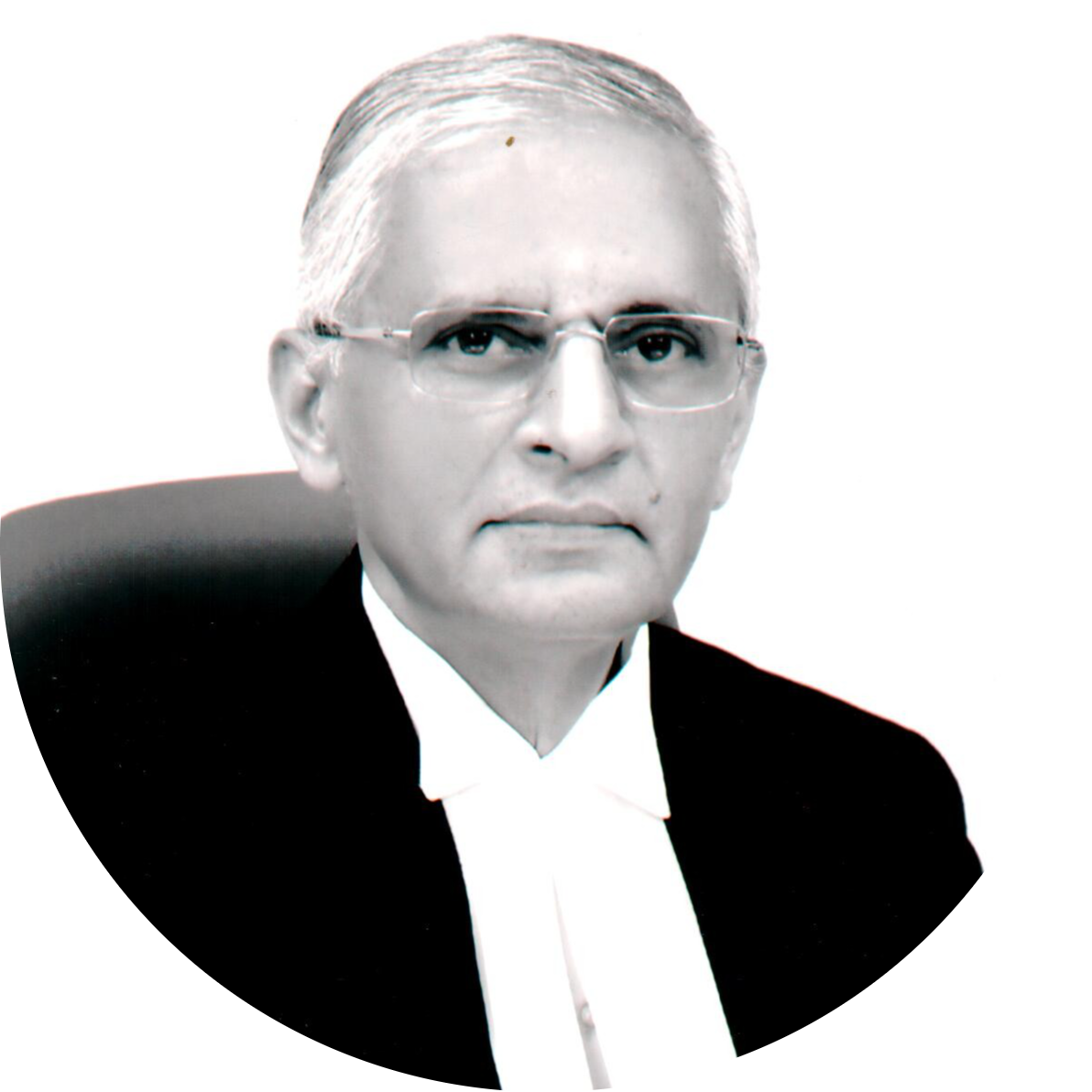Challenges to Transgender Persons Act
Swati Bidhan Baruah v Union of India
The Supreme Court is deciding whether the Transgender Persons (Protection of Rights) Act, 2019 violates fundamental rights guaranteed under Articles 14, 15, 16, 19 and 21 of the Constitution.
Pending
Parties
Petitioner: Swati Bidhan Baruah; Grace Banu; Vyjayanti Vasanta Mogli; KMV Monalisa; Anindya Hajra; Sirra Santosh
Lawyers: Jayna Kothari, Anindita Pujari (AoR)
Respondents: Union of India; Ministry of Law & Justice; Ministry of Social Justice
Lawyers:
Case Details
Case Number: WP(C) 51/2020
Next Hearing:
Last Updated: February 7, 2022
Key Issues
Whether the 2019 Act should recognize transgender persons as a socially and educationally backward class and grant reservations in public employment and education under Articles 15(4) and 16(4), as directed in NALSA?
Whether Section 18(d) arbitrarily sets the maximum penalty for sexual abuse against transgender persons as less than what it is for sexual abuse against women under Section 376 of the Indian Penal Code, 1860? Whether this violates the fundamental right to equality under Article 14?
Whether Section 18(a) is vague and arbitrary and thereby violative of Article 14?
Whether Section 12 restricts the decisional autonomy of adult transgender persons and threatens the alternative family structures of the transgender community?
Whether Section 7 of the 2019 Act violates the right to self-identify one’s gender, by making transgender identity contingent on medical surgery? Is Section 7 in contradiction with ‘NALSA’ and thereby violative of Articles 19(a) and 21?
Whether Sections 4, 5 and 6 of the Transgender Persons (Protection of Rights) Act, 2019 constrict the right to self-identity one’s gender and thereby violate the fundamental rights flowing from Articles 19(1)(a) and 21?
Case Description
In 2014, the Supreme Court granted legal recognition to transgender and other gender non-conforming persons in NALSA v. Union of India. In particular, it held that all persons have the constitutional right to self-identify their gender. Further, it directed Union and State Governments to allow transgender persons to access reservations in public education and employment.
Following the judgment, the Rajya Sabha passed the Rights of Transgender Persons Bill, 2014 (hereafter ‘2014 Bill’). However, the 2014 Bill never made it to the Lok Sabha and ultimately lapsed.
Two years later, a new Bill was introduced in the Lok Sabha – the Transgender Persons (Protection of Rights) Bill, 2016 (hereafter ‘2016 Bill’). In contrast to the 2014 Bill, the 2016 Bill substantially diverged from NALSA. So much so that the Parliamentary Standing Committee on Social Justice highlighted several instances where the 2016 Bill conflicted with NALSA, in its 43rd Report presented to the Lok Sabha on 21 September 2017. Ultimately however, the Lok Sabha passed the Bill without incorporating the recommendations of the Standing Committee. The 2016 Bill became the Transgender Persons (Protection of Rights) Act, 2019 (hereafter ‘2019 Act’) and came into force on 5 December 2019.
Contending that the 2019 Act contained unconstitutional provisions, various transgender persons challenged the Act before the Supreme Court. In particular, two Writ Petitions were filed. The first was filed on 11 December 2019 by Swati Bidhan Baruah, a transgender advocate residing in Assam. The second was filed by various notable transgender activists, such as Grace Banu and Vyjayanti Vasanti Mogli, on 12 June 2020.
The Petitioners seek for the Court to strike down Sections 4, 5, 6, 7, 12(3), 18(a) and 18(d) of the Act as unconstitutional. In addition, they pray for the Court to issue a Writ of Mandamus that directs Centre and State Governments to provide reservations for transgender persons in public employment and education, as directed by the Court in NALSA.



